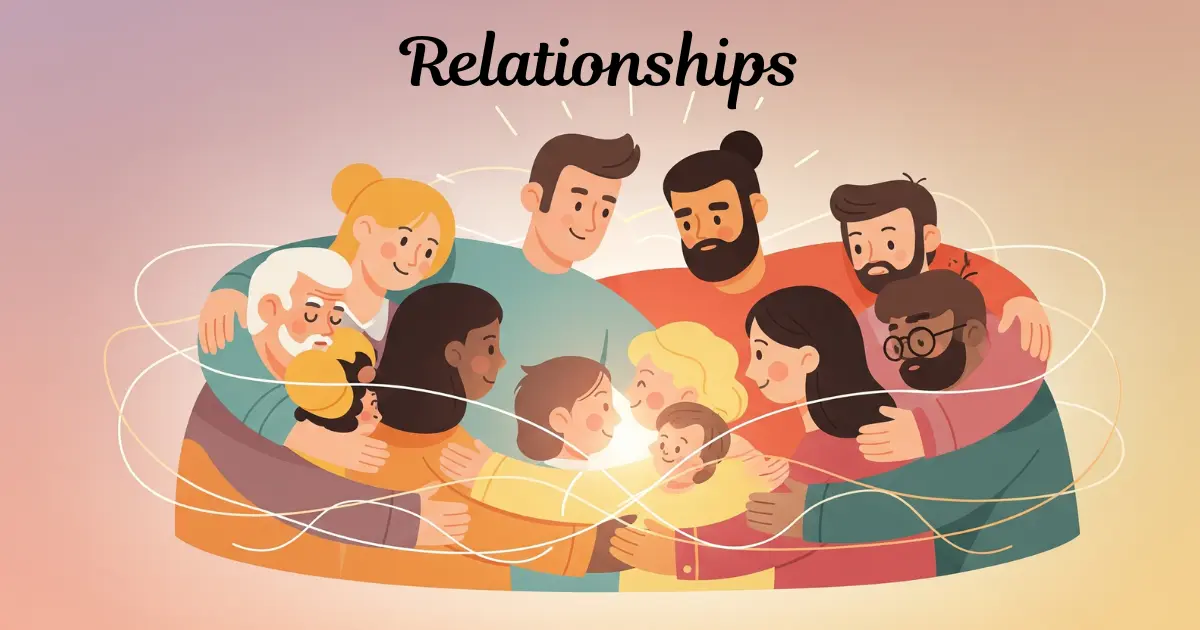30+ Examples of Boundaries in a Relationship
Sometimes, feeling tired, ignored, or hurt in a relationship happens because boundaries aren’t clear. Boundaries are like invisible lines that protect your well-being while strengthening trust and respect. These examples of boundaries in a relationship show that love is not about losing yourself but finding balance between caring for your partner and respecting your individuality. As researcher Dr. … Read more










